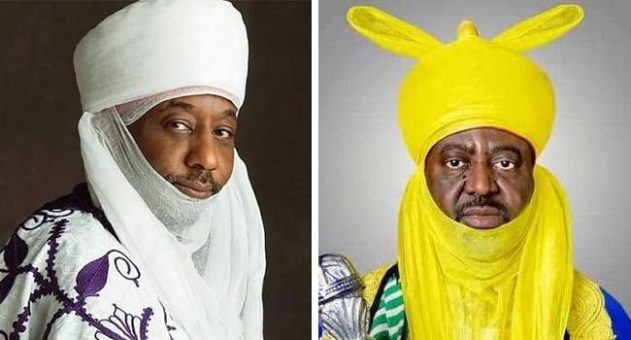Italian-Nigerian singer and songwriter Charles Onyekachi Onyeabor has sparked a conversation about racism and wickedness in African societies, urging Africans to acknowledge their own role in perpetuating these issues. Onyeabor, the eldest son of legendary Afro-funk musician William Onyeabor, took to social media to express his thoughts on the matter.
While acknowledging the historical atrocities committed by white colonialists and slave traders, Onyeabor emphasized that wickedness is not exclusive to one race. “Wickedness is not a white thing, it is a human thing,” he stated. He challenged the notion that white people are inherently more evil, pointing out that Africans have ignored the strategic ways in which other races operate, particularly in protecting their own interests.
Onyeabor cited examples of everyday wickedness within African communities, such as land ownership disputes and jealous neighbors poisoning food. He also addressed the role Africans played in the transatlantic slave trade, noting that black men sold their fellow blacks into slavery. Additionally, he highlighted the subtle ways Africans exhibit racial bias, including the use of derogatory terms like “Oyibo” to refer to white people or those of mixed heritage.
The singer-songwriter also criticized the treatment of mixed-race individuals, who often face prejudice in both white and black communities. He noted that African women sometimes disregard black men who marry white women, treating them as if they are still single. Onyeabor also touched on tribalism within African societies, where people often discriminate against those from other tribes.
Onyeabor’s comments come as he prepares for his upcoming event, “The Charles Onyeabor Show,” scheduled to take place on October 24 in Florence, Italy. His message emphasizes the need for self-reflection and acknowledgment of one’s own faults, rather than simply pointing fingers at others. By recognizing that wickedness and racism exist everywhere, including in Africa, Onyeabor hopes to inspire a more honest conversation about these issues and promote positive change.



